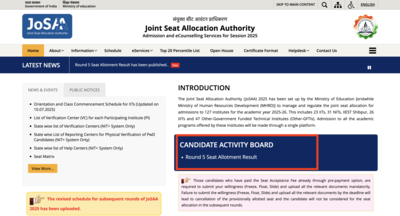DIF flags security risk in Pakistan’s bid to join Brics-backed AI bloc

BENGALURU: The Digital India Foundation (DIF), a founding member of the AI Alliance Network (AIANET), has opposed the proposed inclusion of Pakistan’s AI Technology Centre (AITeC) in the alliance, warning that it could compromise the group’s credibility, security and core values.Formed following the Brics Summit in late 2024, AIANET was envisioned as a multilateral coalition of AI research institutions committed to ethical, transparent and peaceful development of artificial intelligence. The alliance brings together member institutions from Brics nations and other aligned democracies to foster collaboration in civilian AI research, safeguard against dual-use risks, and set global benchmarks for responsible innovation.In a letter to AIANET leadership dated July 11, 2025, DIF argued that Pakistan’s AI ecosystem lacks institutional accountability, suffers from weak legal safeguards, and is shaped by military-led programs with limited civilian oversight. It warned that AITeC’s entry would pose a direct threat to the network’s integrity.“The membership application of AITeC should be seen as Pakistan’s way of gaining access to our R&D and technology with the aim of weaponising AI,” said Dr. Arvind Gupta, co-founder and head of DIF. “We need to ensure that this does not happen.”DIF flagged several AITeC labs, including those focused on autonomous systems, computer vision, and edge computing, for their dual-use potential and susceptibility to being repurposed for cyber operations, cross-border targeting, or terrorism-linked surveillance. It also cited the 2025 US Country Reports on Terrorism, which highlight the risk of AI tools being used by Pakistan-based groups such as Lashkar-e-Taiba and Jaish-e-Mohammed.Pakistan remains on the Financial Action Task Force (FATF) grey list due to ongoing failures in curbing terror financing and money laundering. DIF warned that in such an environment, AI labs could be exploited to automate illicit finance channels, including crypto-driven fundraising for extremist networks.The think tank also noted that Pakistan lacks enforceable data protection laws and independent oversight mechanisms, both of which are prerequisites for AIANET membership. It pointed out that the country’s flagship AI agency — CENTAI, under the Pakistan Air Force — prioritises defence applications, which contradicts AIANET’s civilian-first charter.“Pakistan’s integration into this multilateral AI framework would fundamentally undermine the alliance’s commitment to public-good innovation,” DIF stated, urging all members to reject the application in full.The foundation called on AIANET to protect its democratic foundations, global cooperation principles, and long-term goal of building AI systems aligned with ethical and lawful use.





